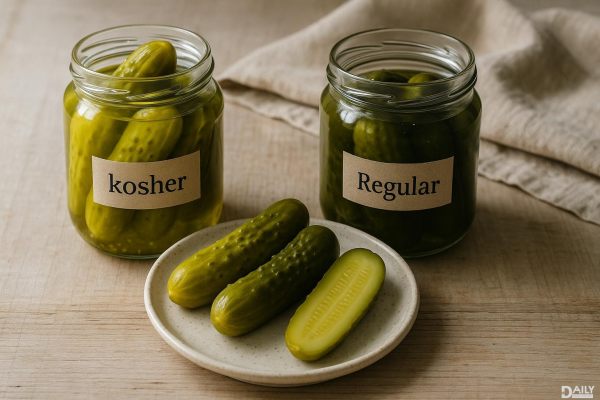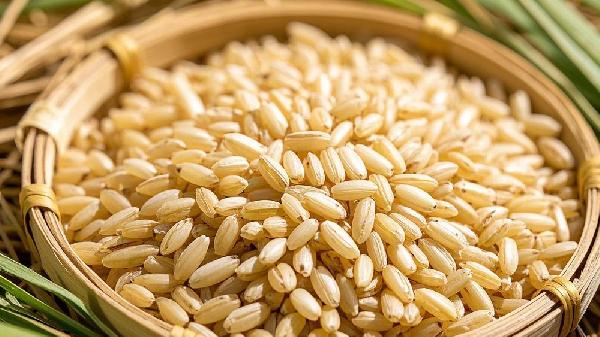The 2020s have indeed been a wild ride, but one thing’s for sure—milk alternatives have never had it better. While cow’s milk still holds its ground, the dairy aisle has exploded with options like almond, soy, cashew, and even potato milk (yes, really). But oat milk? That’s the one stealing the spotlight. Creamy, slightly sweet, and perfect for frothing, it’s no wonder baristas and health-conscious sippers alike are obsessed. But is oat milk actually good for you? Let’s break it down.
Oat Milk Nutrition: What’s Inside?
Oat milk’s nutritional profile varies depending on the brand—some are sweetened, some are fortified, and others keep it simple with just oats and water. But generally, an 8-ounce glass of unsweetened oat milk (with a pinch of salt) packs around 79 calories, 4 grams of protein, 1.5 grams of fat, and 14 grams of carbs, including 2 grams of fiber. It also offers small amounts of iron, potassium, and calcium—though not enough to write home about unless it’s fortified. Brands like Oatly boost their blends with extra vitamins like D, B12, and calcium, making it a more nutrient-dense option.
How Oat Milk Stacks Up Against Other Milks
Compared to almond milk, oat milk has fewer calories and less protein but more fiber—making it a better pick if you’re looking for digestive perks. Soy milk, on the other hand, edges out oat milk in protein but matches it in calories and fiber. And when it comes to traditional dairy? Cow’s milk wins in protein, calcium, and sugar content, but oat milk keeps things lighter on calories and lactose-free. So, if you’re ditching dairy for digestion or ethical reasons, oat milk’s a solid swap—just don’t expect the same protein punch.
The Good Stuff: Benefits of Oat Milk
Oat milk isn’t just a trendy latte add-in—it’s got some legit health perks. For starters, that extra fiber (even if it’s just 2 grams per cup) helps with digestion and can even lower LDL cholesterol, thanks to its soluble fiber content. Plus, it’s a godsend for anyone with lactose intolerance, nut allergies, or soy sensitivities. And since it’s mostly water, it counts toward your daily hydration goals while adding a touch of natural sweetness—no added sugar needed. (Pro tip: The enzymatic process used to make oat milk breaks down starches into sugars, giving it that subtly sweet taste.)
Watch Out for These Downsides
Not all oat milks are created equal. Some sneak in added sugars, so always check the label. Gluten-free folks should also double-check for certified GF oats to avoid cross-contamination. And if you’re swapping dairy for oat milk, remember—it’s lower in protein and calcium, so you might need to supplement those nutrients elsewhere. There’s also the glyphosate factor: Conventional oats can carry traces of this herbicide, so organic oat milk is the safer bet. And yeah, it can be pricier than cow’s milk—but hey, you can always DIY it at home with just oats, water, and a blender.
Final Verdict: Should You Drink Oat Milk?
Absolutely—especially if you’re plant-based, lactose-intolerant, or just love that creamy texture. It’s not a protein powerhouse like dairy or soy, but its fiber content and versatility make it a winner. Just opt for unsweetened, fortified versions when possible, and pair it with other nutrient-rich foods to fill any gaps. Whether you’re frothing it for coffee or pouring it over cereal, oat milk’s here to stay—and we’re totally here for it.
























